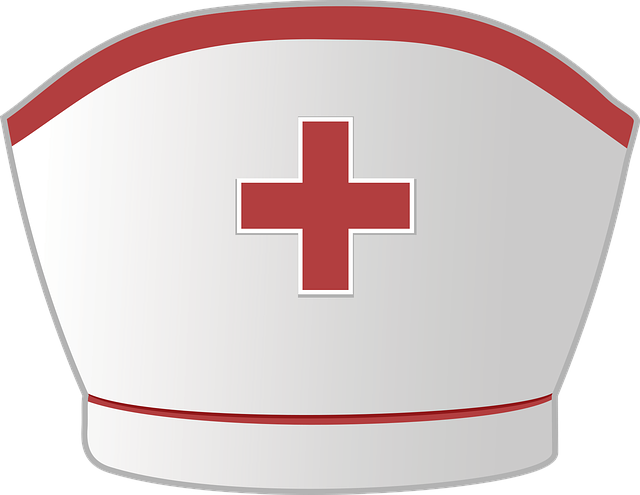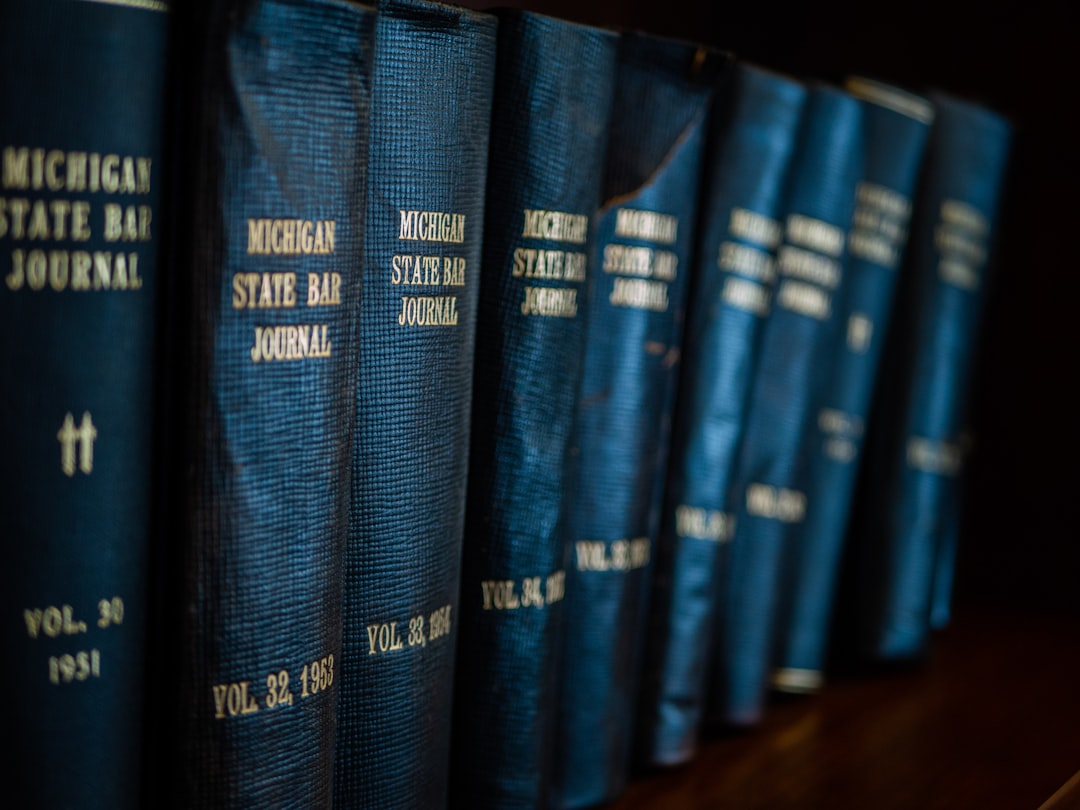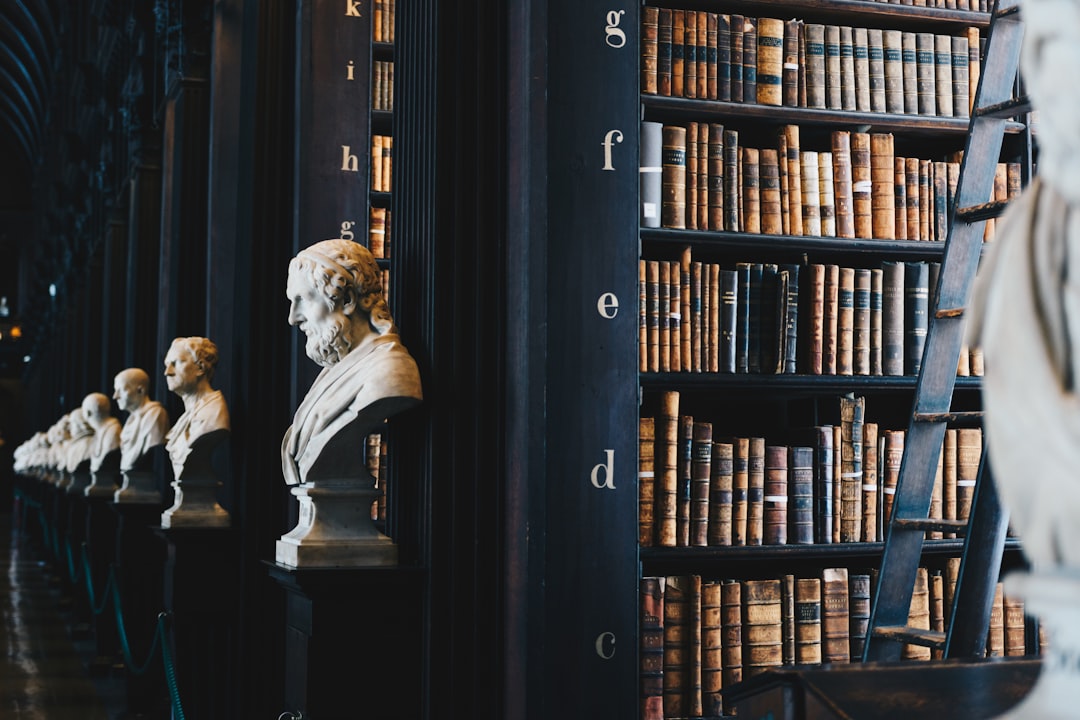Washington State prioritizes student safety with strict laws against school abuse, holding educators accountable and mandating prompt reporting by staff. Victims access rights and support from Seattle WA school abuse law firms, ensuring thorough investigations and discipline for offenders. Educators play a key role in establishing secure learning environments, identifying risks, and fostering trust through proactive measures and swift reporting. A holistic approach combines legal rigor, policies, and training, with performance metrics and collaboration with reputable school abuse law firms deterring abusers and providing justice for victims.
In Washington State, ensuring student safety is not just a moral obligation—it’s the law. This article explores the crucial role educators play in safeguarding young minds, focusing on state laws related to school abuse and neglect. We delve into practical strategies for accountability and support, emphasizing the importance of proactive measures to prevent harm. With insights from leading Seattle WA school abuse law firms, this guide equips educators with tools to create a safer learning environment for all students.
Understanding Washington State's Student Safety Laws
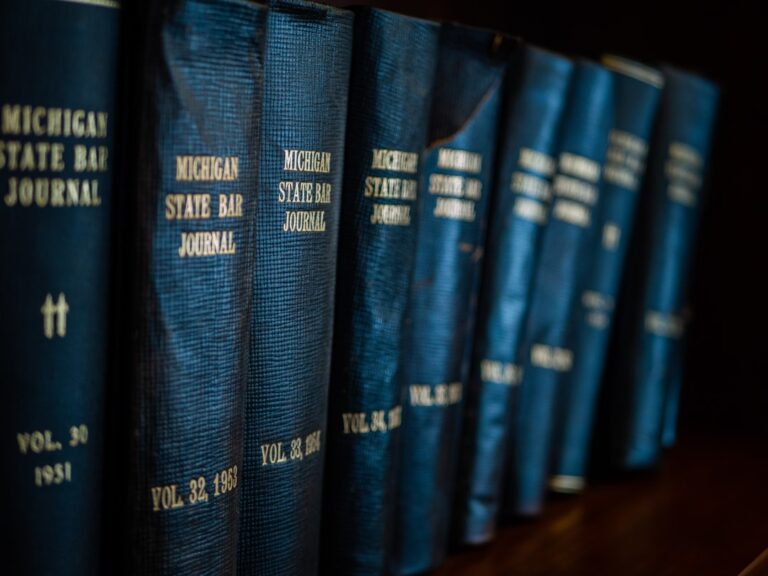
In Washington State, student safety is paramount, and laws are in place to protect students from harm, including school abuse. The state’s legal framework provides a clear structure for holding educators accountable when student welfare is compromised. Key among these laws is the requirement for schools to maintain a safe environment, free from physical, emotional, or sexual abuse. Any incidents of school abuse are taken seriously, and victims have rights and recourse, often facilitated by a dedicated school abuse law firm in Seattle, WA.
Educators are expected to report suspected abuse and neglect promptly, ensuring that all students can learn without fear. Washington State’s student safety laws also emphasize the importance of thorough investigations, appropriate discipline for perpetrators, and support services for affected students. These measures reflect a collective commitment to fostering a secure learning environment, underpinned by the expertise of legal professionals specializing in school abuse cases within Seattle’s legal community.
The Role of Educators in Preventing Abuse
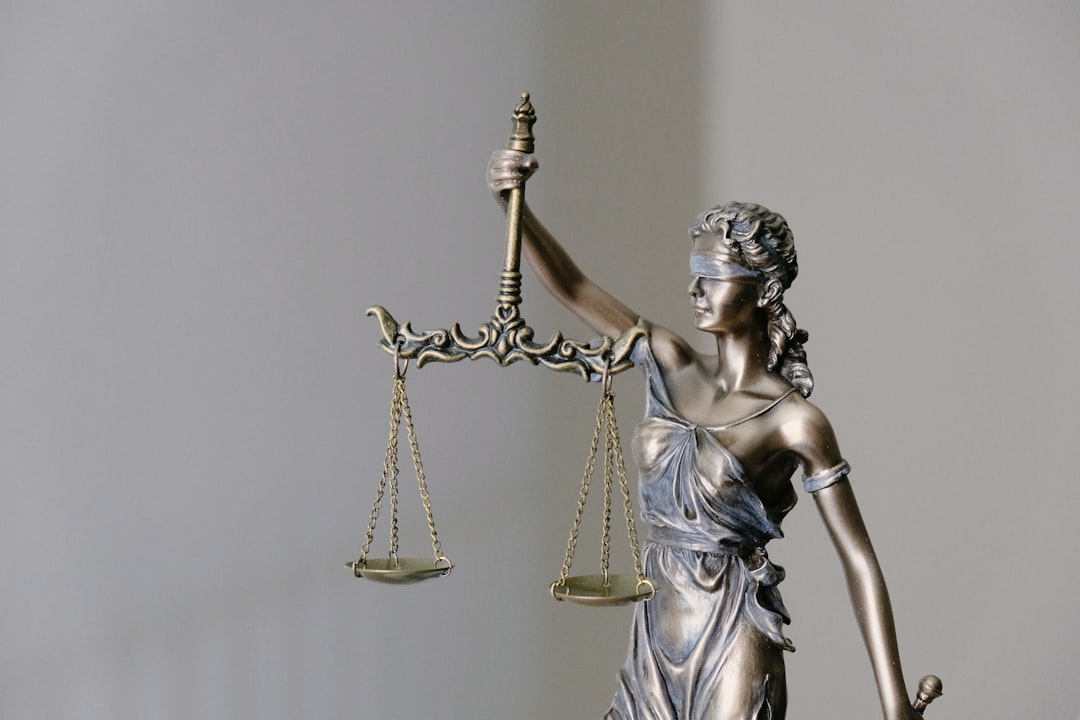
Educators play a pivotal role in creating a safe and supportive learning environment, which is crucial to preventing school abuse. They are on the front line, interacting with students daily and witnessing potential signs of distress or harmful situations. Teachers, administrators, and support staff must be equipped with the knowledge and skills to recognize and address concerns related to student safety, including physical, emotional, and sexual abuse. This involves understanding the laws and policies in place, such as those outlined by Washington State’s school abuse laws, and actively fostering a culture of reporting and accountability.
By staying vigilant and proactive, educators can help deter potential abusers and protect vulnerable students. They are responsible for reporting any suspected or observed instances of abuse, ensuring that appropriate actions are taken swiftly. Moreover, they contribute to a climate where students feel empowered to speak out against any form of misconduct, fostering open communication and building trust within the educational community. A Seattle WA school abuse law firm highlights the significance of these roles in creating a safe haven for students and holding perpetrators accountable under relevant laws.
Strategies for Effective Accountability and Support
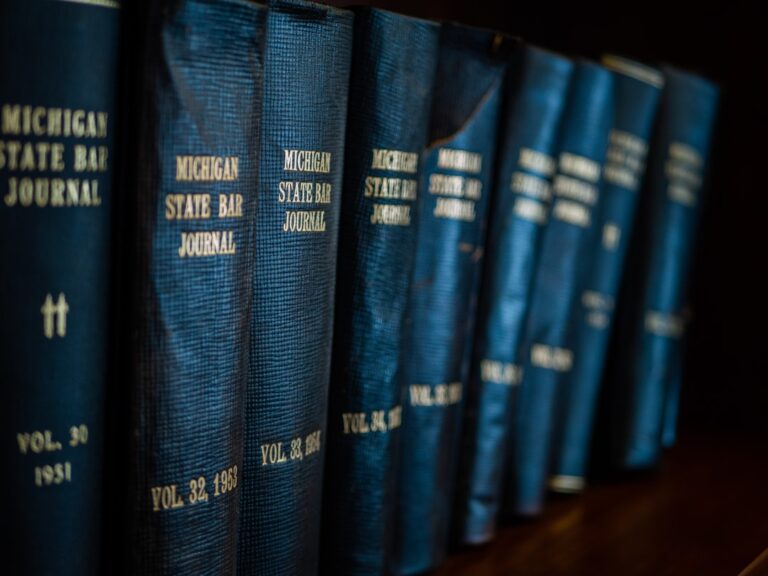
Holding educators accountable for student safety in Washington State requires a multi-faceted approach that combines robust legal frameworks and supportive educational policies. One effective strategy is implementing stringent reporting mechanisms, ensuring every incident, from minor concerns to severe cases of school abuse, is documented and reported promptly. This includes mandatory training for all staff on recognizing signs of abuse and reporting procedures, fostering a culture of transparency and vigilance within the school community.
Moreover, establishing clear performance metrics linked to student safety can drive accountability. Schools should regularly review and assess educator performance, particularly in areas like crisis management, student interaction, and compliance with safety protocols. Collaborating with reputable Seattle WA school abuse law firms can also serve as a deterrent, providing an avenue for victims and their families to seek justice if necessary. This holistic approach not only protects students but also empowers educators by offering clear guidelines, support systems, and the necessary resources to maintain a safe learning environment.



